Strengthening Teacher Growth and Development Programs at Fordham Preparatory School
Imagine you are an athlete. You practice 700 times per year, but your coach only stops by practice once in that entire time.
You would get feedback on substantially less than 1% of your efforts.
Yet at many schools, where teachers conduct classes at least that many times a year, “less than 1%” has historically been the model.
Until now.
During the 2021-22 school year, Fordham Prep re-examined its compensation and evaluation programs. The first meaningful change involved shifting the frame of the conversation from “observation and evaluation” to “growth and development.”
In contrast to getting feedback once a year, imagine a world in which you regularly receive written feedback from multiple visitors—before you have even finished teaching your class.
That is exactly what is happening this year as Middle States works with Fordham Prep to design and implement a growth and development program. In the first round of work, each member of the teacher cohort has been receiving feedback from six visitors across four questions. (Those questions will evolve and expand as the year progresses.)
Reading detailed feedback is rewarding, but things get more interesting when we debrief peer visits. Having read all 24 pieces of feedback, the visited teacher leads the debrief, rather than being put under the microscope by their visitors. This allows them to ask clarifying and probing questions aligned with their growth priorities. We visitors act as teammates, helping the visited teacher to level up.
Which brings us back to the sports analogy. Every teacher deserves feedback from their teammates and coaches. Not once a year, but many times. Not only in “games,” but in “practices” and “scrimmages” too.
How often do your teachers receive immediate, focused, and actionable feedback? The answer might mean the difference between developing a major league team instead of a little league squad.
